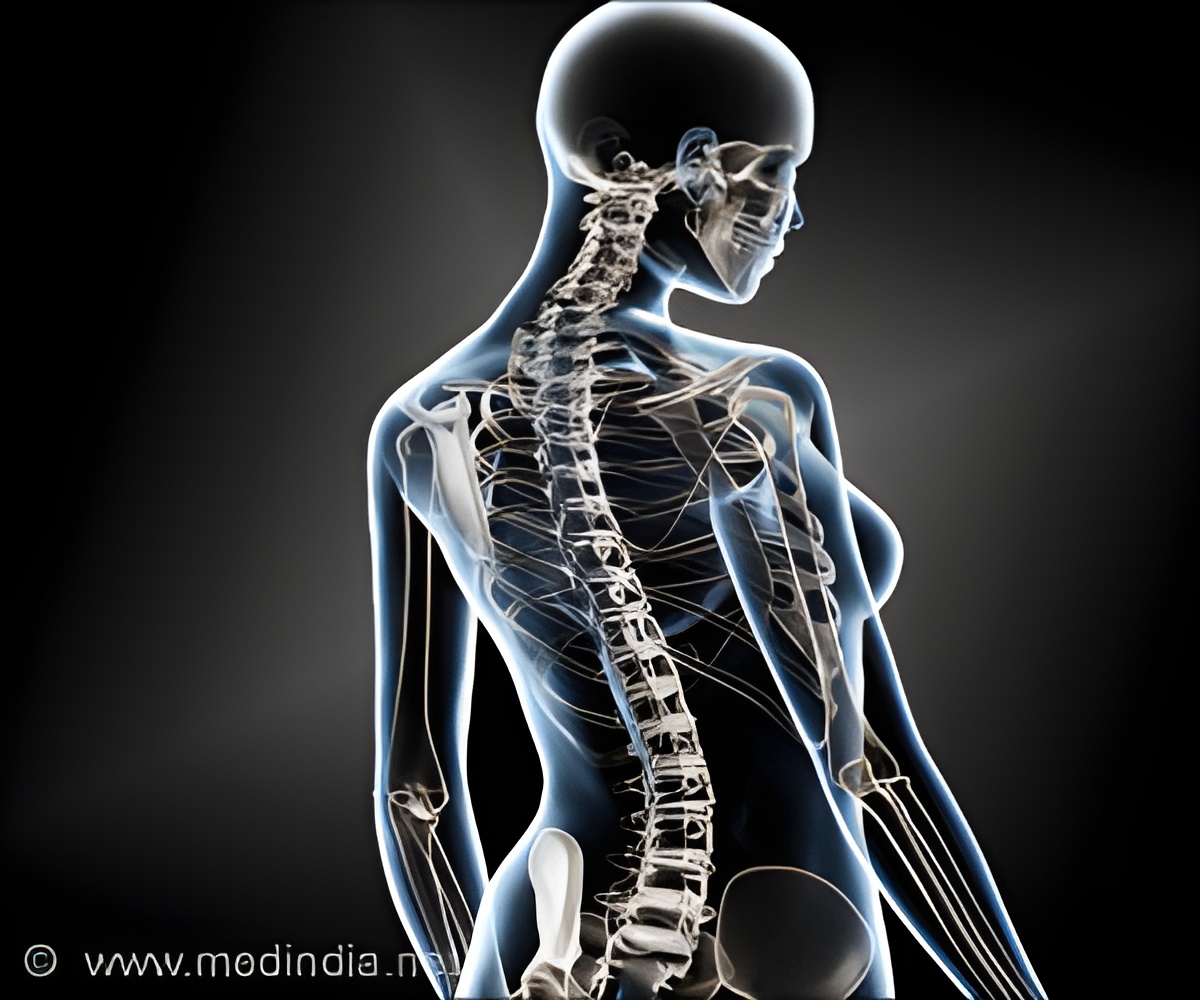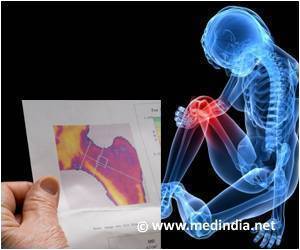Bone homeostasis requires precise balance between resorption of old bone by osteoclasts and deposition of new bone by osteoblasts.

Mice lacking TRAF3 in osteoclast precursor cells had mild osteoporosis that was associated with increased osteoclast formation. The authors found that chloroquine treatment increased TRAF3 in osteoclast precursor cells and limited osteoclast generation. Furthermore, treatment of mouse models of osteoporosis with chloroquine inhibited osteoclast formation. These studies implicate that therapies aimed at increasing TRAF3 in osteoclast precursor cells may limit bone loss for those with bone diseases.
Source-Eurekalert












